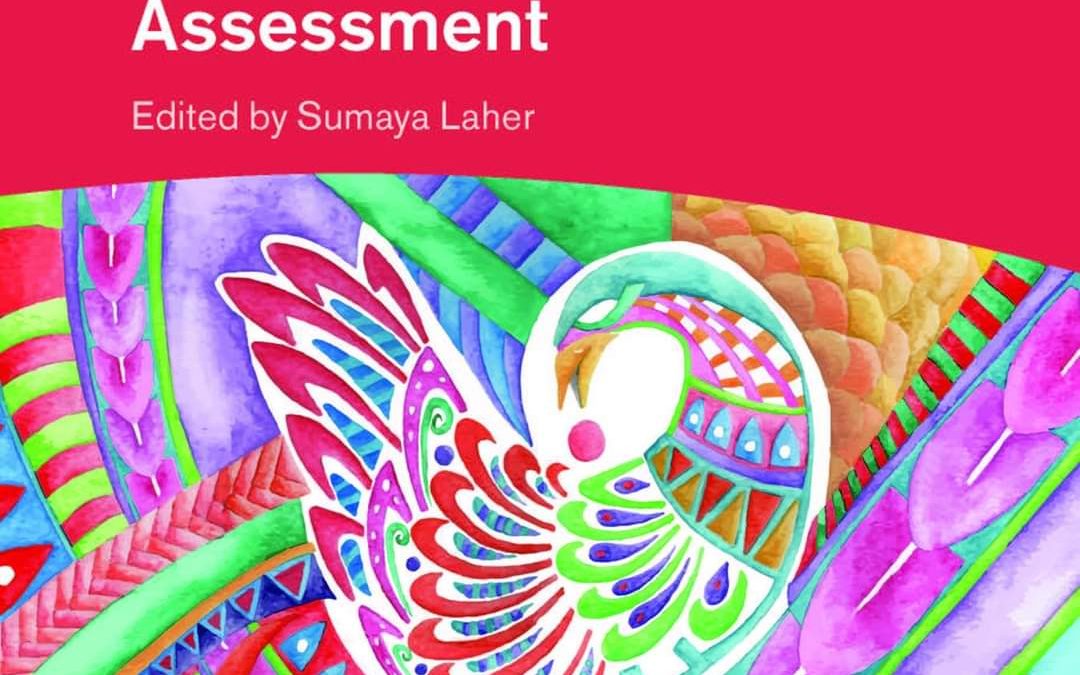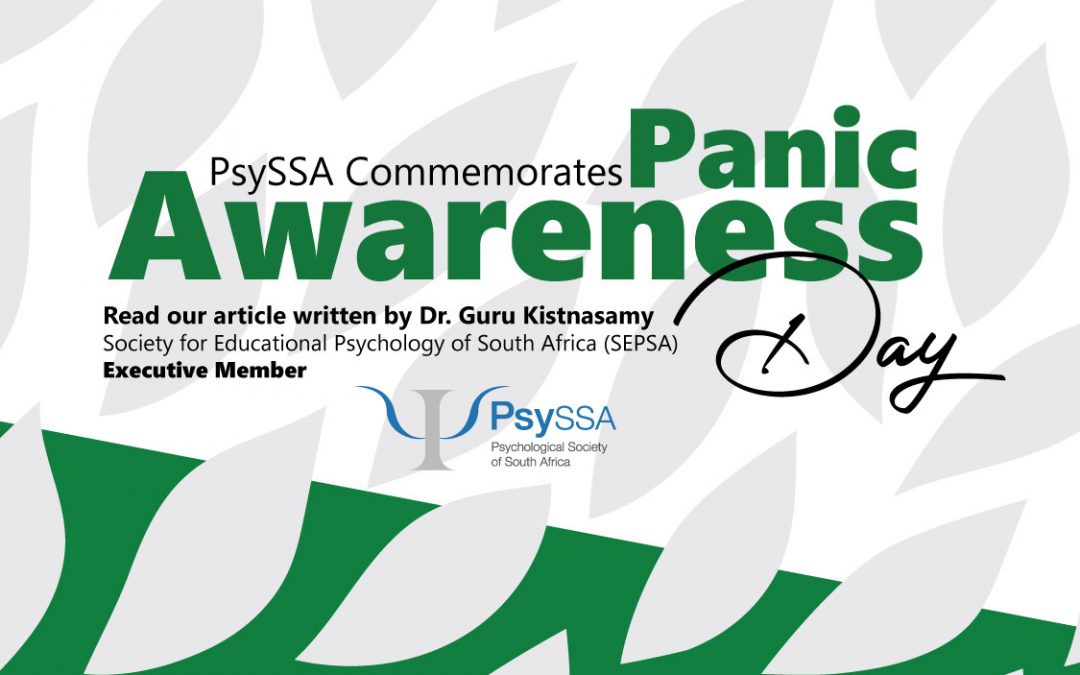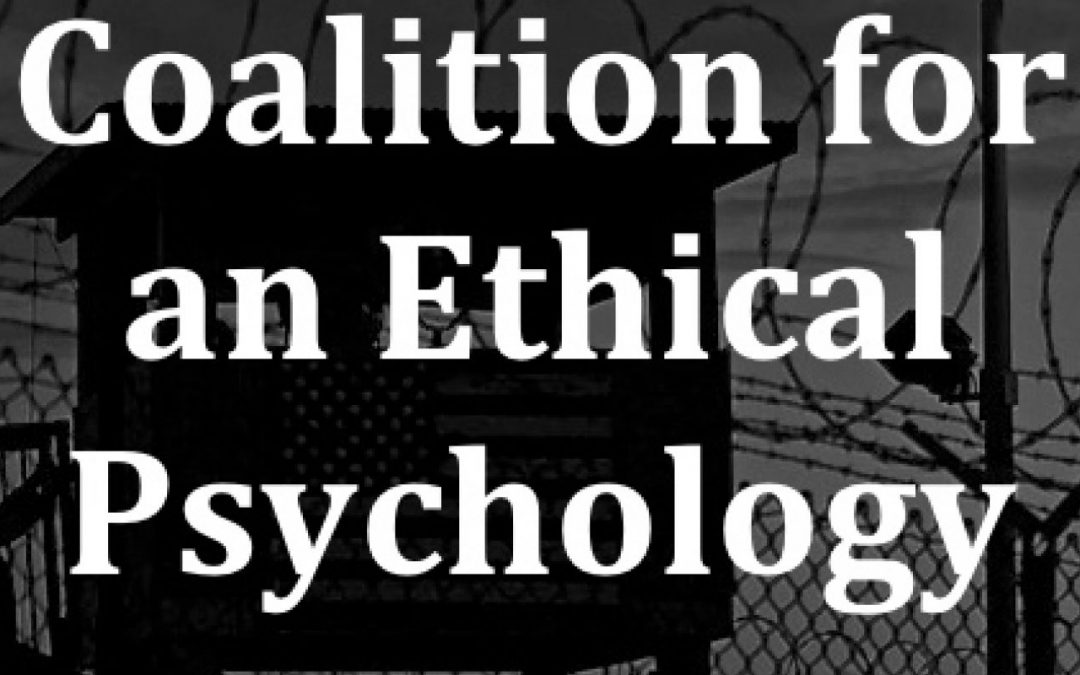On 25th Anniversary of UN International Day in Support of Torture Victims, Psychology and Human Rights Organizations Demand Action from APA
WASHINGTON, D.C.—June 26, 2022 marks the 25th anniversary of the United Nations International Day in Support of Torture Victims. In recognition of this milestone, the executive committee of the Society for the Study of Peace, Conflict, and Violence—Division 48 of the American Psychological Association (APA)—has issued a statement calling upon the APA to (1) apologize to the victims of U.S. war-on-terror prisoner abuses, and (2) make recurring financial contributions to organizations that provide support for torture survivors and their families.
The statement—“Two Steps the American Psychological Association Should Take Today”—appears below and is available online at https://www.ethicalpsychology.org/materials/Two-Steps-the-American-Psychological-Association-Should-Take-Today.pdf.
Over a period of years, predominantly Muslim and Arab men and boys imprisoned at Guantanamo Bay, CIA black sites, and other locations were subjected to physical and psychological torment and degradation. For many of these individuals, the adverse consequences of their mistreatment are grave and potentially irreversible. These detention and interrogation operations relied significantly on the involvement of psychologists whose activities were preserved and defended, in part, by the APA.
At this time of heightened international turmoil and conflict, an apology is consistent with the APA’s recent centering of its commitment to protecting and advancing human rights. Moreover, the APA, an accredited NGO at the UN, has the financial resources to support organizations that help torture survivors and their families. These steps would represent a reparative model for other organizations that have also fallen short in their humanitarian missions.
Numerous groups within and outside the APA have endorsed the statement, with additional endorsements expected and invited. As of today, the list of endorsers includes the following organizations:
*Society for the Study of Peace, Conflict, and Violence, Executive Committee (APA Division 48)
*Society for Personality and Social Psychology (APA Division 8)
*Society for the Psychological Study of Social Issues-SPSSI (APA Division 9)
*Society of Counseling Psychology, Executive Board (APA Division 17)
*Psychologists in Public Service (APA Division 18)
*Society for Psychoanalysis and Psychoanalytic Psychology, Executive Committee (APA Division 39)
*Divisions for Social Justice of the APA (a consortium of 22 APA divisions; the position of DSJ does not
necessarily represent or reflect the views of individual divisions)
*Coalition for an Ethical Psychology
*International Network for Peace Psychology
*International Society for Ethical Psychology and Psychiatry
*Psychologists for Social Responsibility
*Amnesty International USA
*Center for Constitutional Rights
*Center for Victims of Torture
*Physicians for Human Rights
*Veterans for Peace
###
The Division 48 statement below and this press release have been shared with the APA’s Board of Directors and its Council of Representatives. Further dissemination to colleagues and contacts is appreciated. Thank you.
Note: This press release is available online at https://www.ethicalpsychology.org/materials/PRESS-RELEASE–Groups-Call-for-APA-to-Apologize-and-Provide-Support-to-Victims-of-War-on-Terror-Prisoner-Abuses.pdf
###
APA Division 48 Statement: Two Steps the American Psychological Association Should Take Today
June 26, 2022 will mark the 25th anniversary of the United Nations International Day in Support of Torture Victims.[1] In recognition of this somber milestone, the Executive Committee of the Society for the Study of Peace, Conflict, and Violence (Division 48) calls upon the American Psychological Association (APA) to take long-delayed action in support of the direct victims of U.S. war-on-terror abuses and torture.
Over a period of years, predominantly Muslim and Arab men and boys imprisoned at Guantanamo Bay, CIA black sites, and other locations were subjected to physical and psychological torment and degradation.[2] For many of these individuals, the adverse consequences of their mistreatment are grave and potentially irreversible.
Back in 2015, the APA’s leadership appropriately apologized to its membership and to psychologists worldwide for the Association’s failures to adequately defend the profession’s fundamental ethical principles.[3] However, to date no similar apology has been offered to the prisoners grievously harmed by U.S. detention and interrogation operations. These operations relied significantly on the involvement of psychologists.[4] That involvement was tragically preserved and promoted, in part, by the APA’s own misguided actions and inaction.[5]
Now more than 20 years after the first war-on-terror prisoners were taken into U.S. custody, an apology from the APA to these victims and their families is long overdue. At a time of heightened international turmoil and conflict, this belated apology is consistent with the Association’s recent centering of its commitment to protecting and advancing human rights.[6]
But the APA should also do more. Programs that provide assistance to torture victims and their families are always in need of greater funding. The Association, an accredited nongovernmental organization at the United Nations, has the resources to make regular donations to organizations that provide support to torture survivors. As examples, both the UN Voluntary Fund for Victims of Torture and the International Rehabilitation Council for Torture Victims direct financial support to civil society groups worldwide for this purpose.[7]
Both of these actions—a public apology and recurring financial contributions—are ideal ways to honor the upcoming United Nations International Day in Support of Torture Victims. Moreover, these ameliorative steps to redress past failures would represent a model for other prestigious organizations that have similarly fallen short in honoring their humanitarian missions.
ORGANIZATIONAL ENDORSEMENTS
*Society for the Study of Peace, Conflict, and Violence, Executive Committee (APA Division 48)
*Society for Personality and Social Psychology (APA Division 8)
*Society for the Psychological Study of Social Issues–SPSSI (APA Division 9)
*Society of Counseling Psychology, Executive Board (APA Division 17)
*Psychologists in Public Service (APA Division 18)
*Society for Psychoanalysis and Psychoanalytic Psychology, Executive Committee (APA Division 39)
*Divisions for Social Justice of the APA (a consortium of 22 APA divisions; the position of DSJ does not necessarily represent or reflect the views of individual divisions)
*Coalition for an Ethical Psychology
*Psychologists for Social Responsibility
*International Network for Peace Psychology
*International Society for Ethical Psychology and Psychiatry
*Amnesty International USA
*Center for Constitutional Rights
*Center for Victims of Torture
*Physicians for Human Rights
*Veterans for Peace
(Updated as of June 22, 2022)
[1] For more information about the day and its history, see https://www.un.org/en/observances/torture-victims-day
[2] See, for example, United States Senate Committee on Armed Services, Inquiry into the Treatment of Detainees in U.S. Custody, 2008, https://www.armed-services.senate.gov/imo/media/doc/Detainee-Report-Final_April-22-2009.pdf; United States Senate Select Committee on Intelligence, Committee Study of the Central Intelligence Agency’s Detention and Interrogation Program, 2014,https://www.intelligence.senate.gov/sites/default/files/publications/CRPT-113srpt288.pdf; and Physicians for Human Rights, Broken Laws, Broken Lives: Medical Evidence of Torture by U.S. Personnel and Its Impact, June 2008, https://s3.amazonaws.com/PHR_Reports/BrokenLaws_14.pdf
[3] “Letter to APA Membership from Susan H. McDaniel and Nadine J. Kaslow,” news release, American Psychological Association, July 24, 2015, https://www.apa.org/independent-review/letter-members-apology.pdf; “Letter from Nadine J. Kaslow and Susan J. McDaniel to Psychology Colleagues in the International Community on Behalf of the Board and Members of APA,” news release, American Psychological Association, 2015, https://www.apa.org/independent-review/international-letter.pdf
[4] See, for example, Institute on Medicine as a Profession, Ethics Abandoned: Medical Professionalism and Detainee Abuse in the War on Terror (New York: The Institute, 2013); Constitution Project, The Report of The Constitution Project’s Task Force on Detainee Treatment, 2013, https://detaineetaskforce.org/pdf/Chapter-6_Role-of-Medical-Professionals.pdf.
[5] David H. Hoffman, Danielle J. Carter, Cara R. Viglucci Lopez, Heather L. Benzmiller, Ava X. Guo, S. Yasir Latifi, and Daniel C. Craig, Report to the Special Committee of the Board of Directors of the American Psychological Association: Independent Review Relating to APA Ethics Guidelines, National Security Interrogations, and Torture (Revised) (Chicago, IL: Sidley Austin LLP, September 4, 2015), https://www.apa.org/independent-review/revised-report.pdf
[6] See, for example, the Association’s 2021 resolution on “APA, Psychology, and Human Rights” (https://www.apa.org/about/policy/resolution-psychology-human-rights.pdf) and its Strategic Plan adopted in 2019 (https://www.apa.org/about/apa/strategic-plan/impact-apa-strategic-plan.pdf).
[7] For more information , see https://www.ohchr.org/en/about-us/funding-and-budget/trust-funds/united-nations-voluntary-fund-victims-torture and https://www.irct.org. Another smaller non-profit organization, Healing and Recovery After Trauma, oversees the Tea Project, a fund specifically for Guantanamo torture survivors (http://www.tea-project.org/fund-for-guantanamo-torture-survivors).






